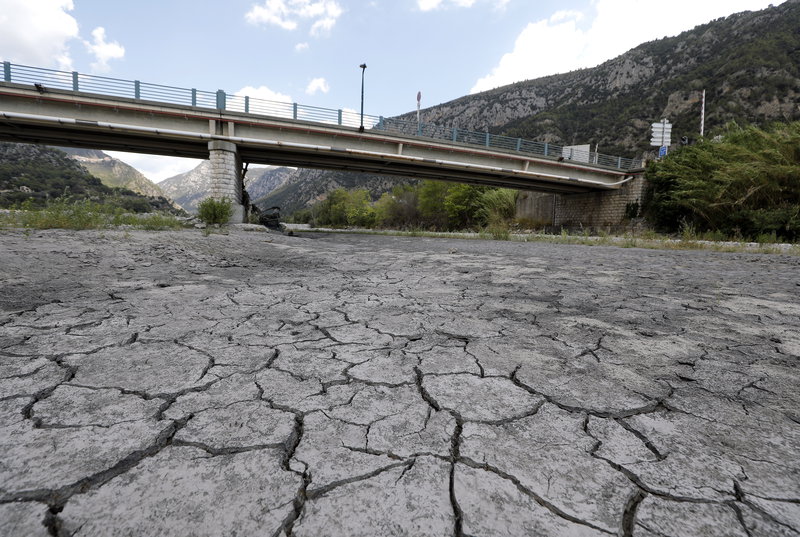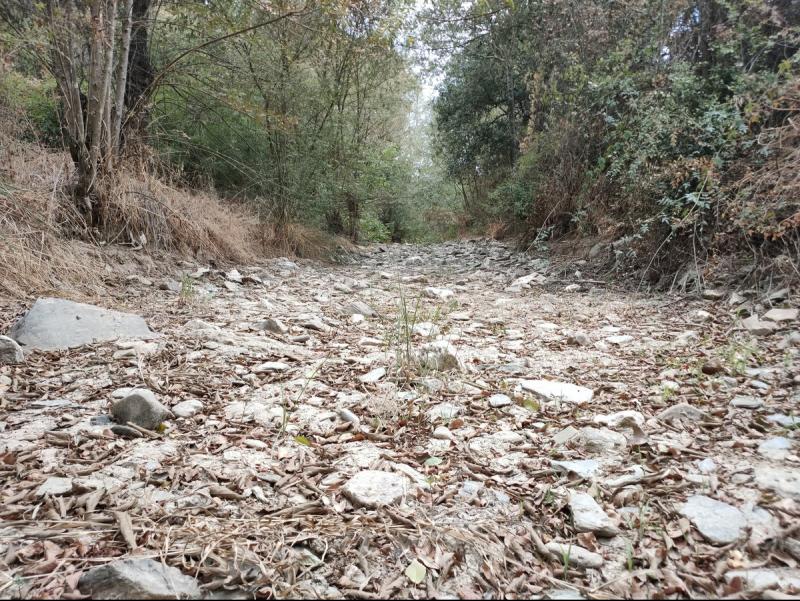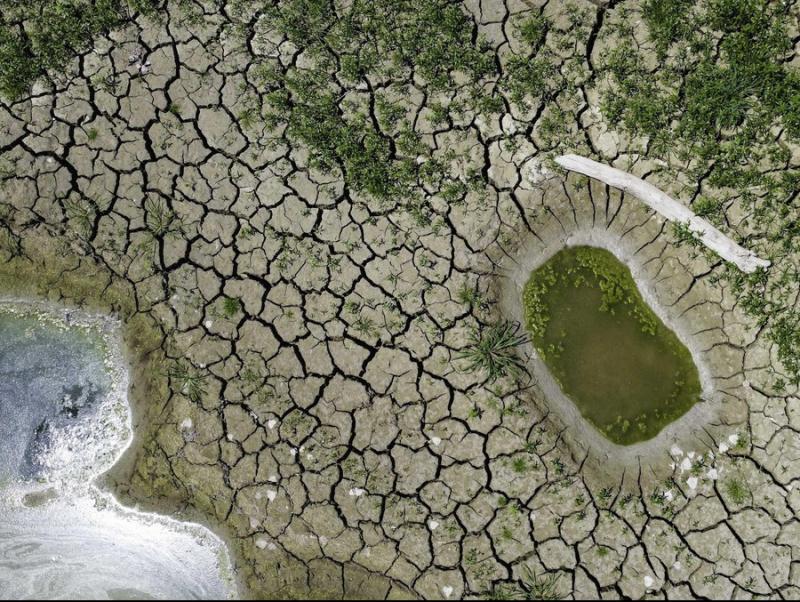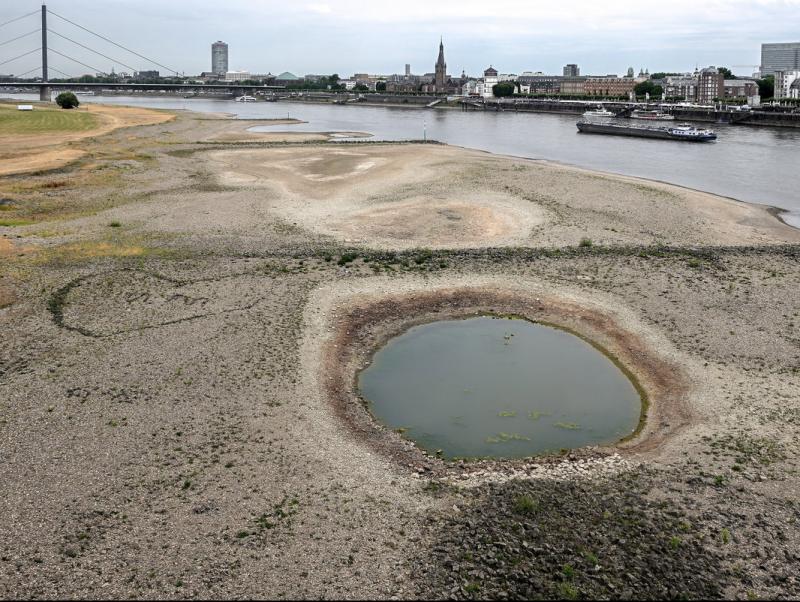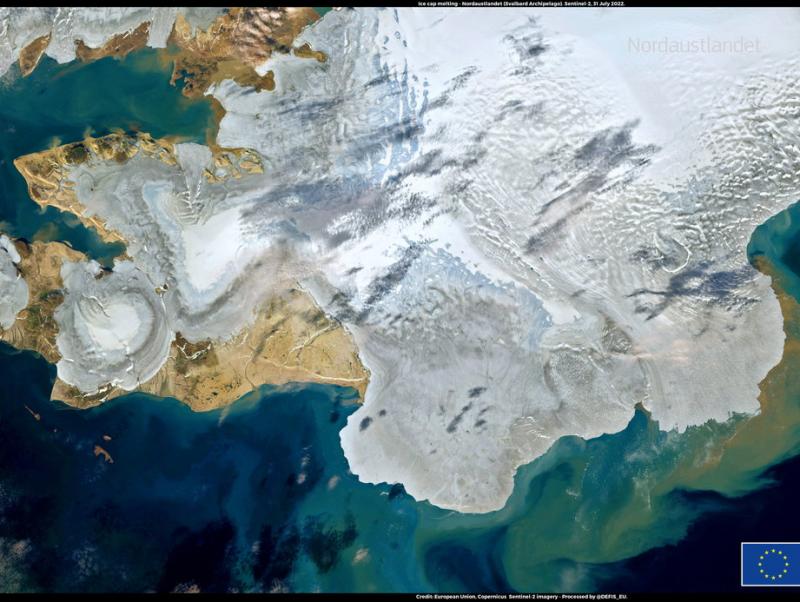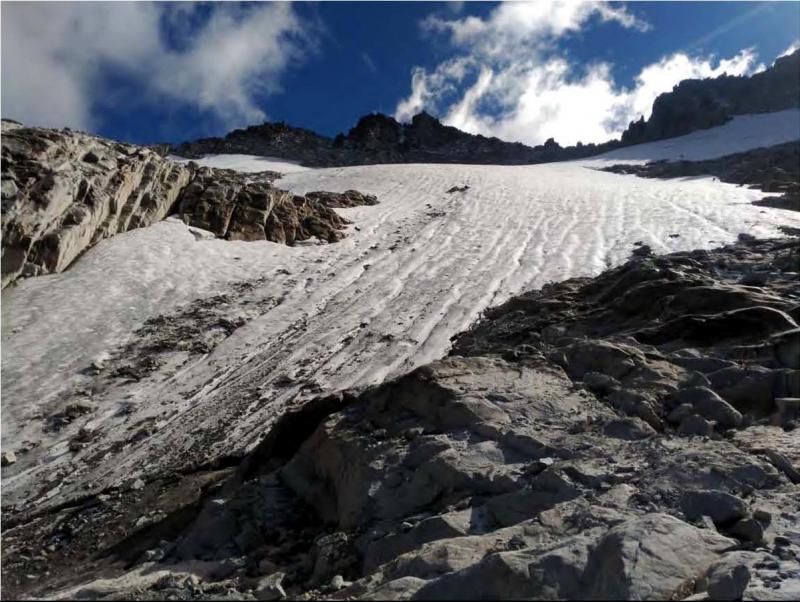France suffering “historic drought”
A lack of rain combined with very high temperatures has resulted in a record lack of moisture in the French subsoil, with new lows being recorded daily since July, affecting all of the country’s regions, even those in the north and east. There have been more wildfires and there is increased government concern over the water supply. “It’s the worst drought in the country’s history,” says a government source.
An emergency committee that has met daily since August, coordinated by the prime minister’s Chief of Staff, Élisabeth Borne, is made up of her counterparts from the Home Office, Ecological Transition, Agriculture, Transport, Health, Economy and Finance. And it meets weekly. The departmental prefects provide the data and decide whether restrictions should be applied. Currently, 93 regional departments out of 96 in mainland France are applying some kind of restriction, while around 70 prohibit the use of water for gardens or agricultural irrigation in certain areas. At the same time, a hundred municipalities have been receiving drinking water from trucks. The emergency committee “must measure the impact of the drought on energy production infrastructure and the agricultural sector, especially livestock” says its remit. Priorities must be established based on activity for agricultural use, aquatic leisure, tourism, biodiversity reserves and nuclear power plants. In relation to this latter aspect, a difficult balance is sought between the need to produce electricity and the limitations of cooling reactors by returning overheated water to rivers. In summer, the temperature in the Garonne Rover rose to 28 degrees and in the Rhone it exceeded 25. This forced the stoppage of one reactor in Garonne, and two reactors on the Rhone. Despite the onset of autumn, the French weather service is already anticipating that “forecasts hint that the situation could become even more worrying”.

